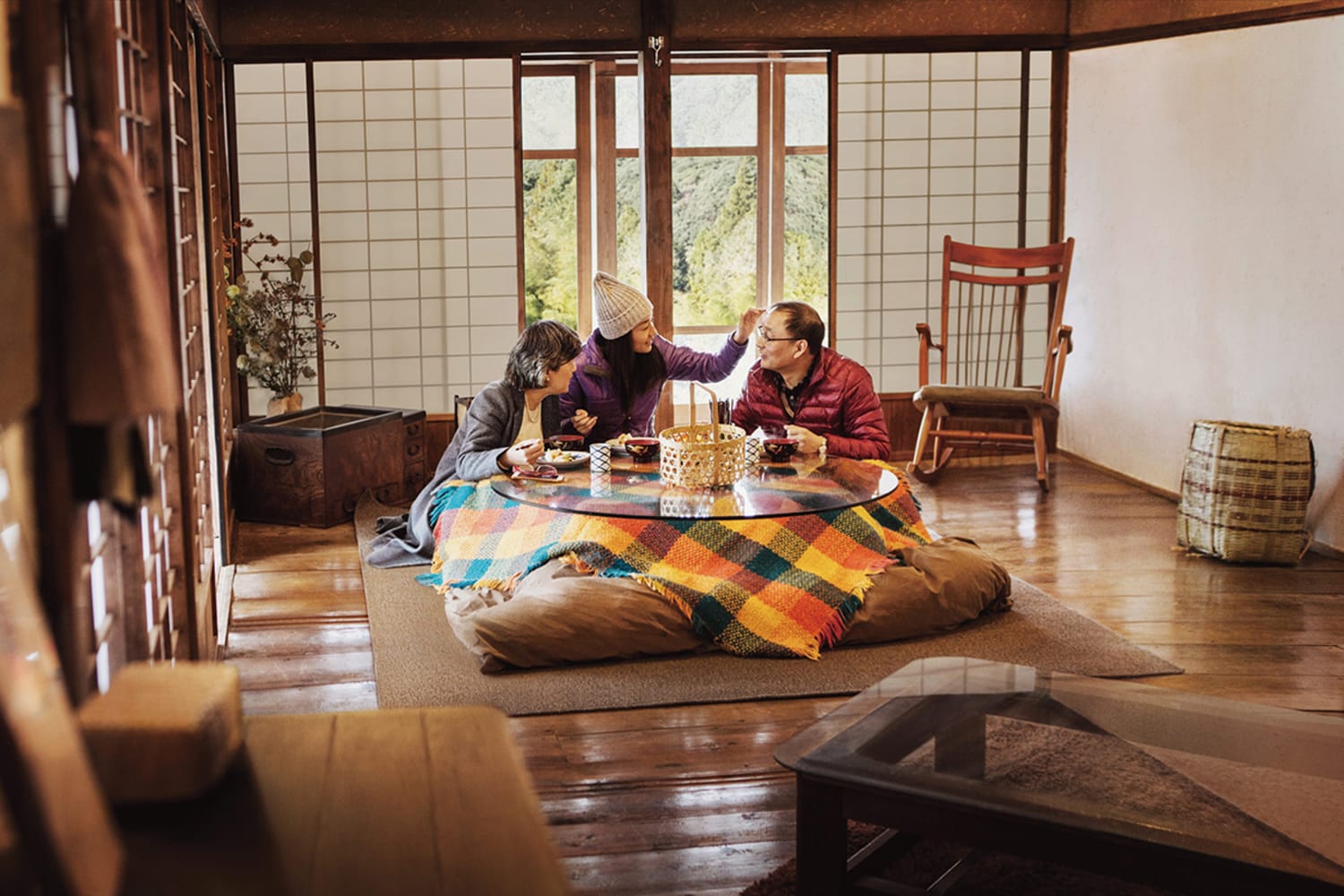In sync with the booming economy in China, our latest report looks at how the country’s newly wealthy citizens are traveling the globe and transforming the travel and leisure industries. This dynamic consumer group is being met with new conveniences, concepts, culturally sensitive services and travel guides.
While the flag-waving Chinese tour leader is still a common sight, the truth is that a growing segment of outbound Chinese are now traveling independently to increasingly far-flung locations. Cities, tourism boards, and travel, retail and hospitality brands alike are aggressively wooing this new cohort.







